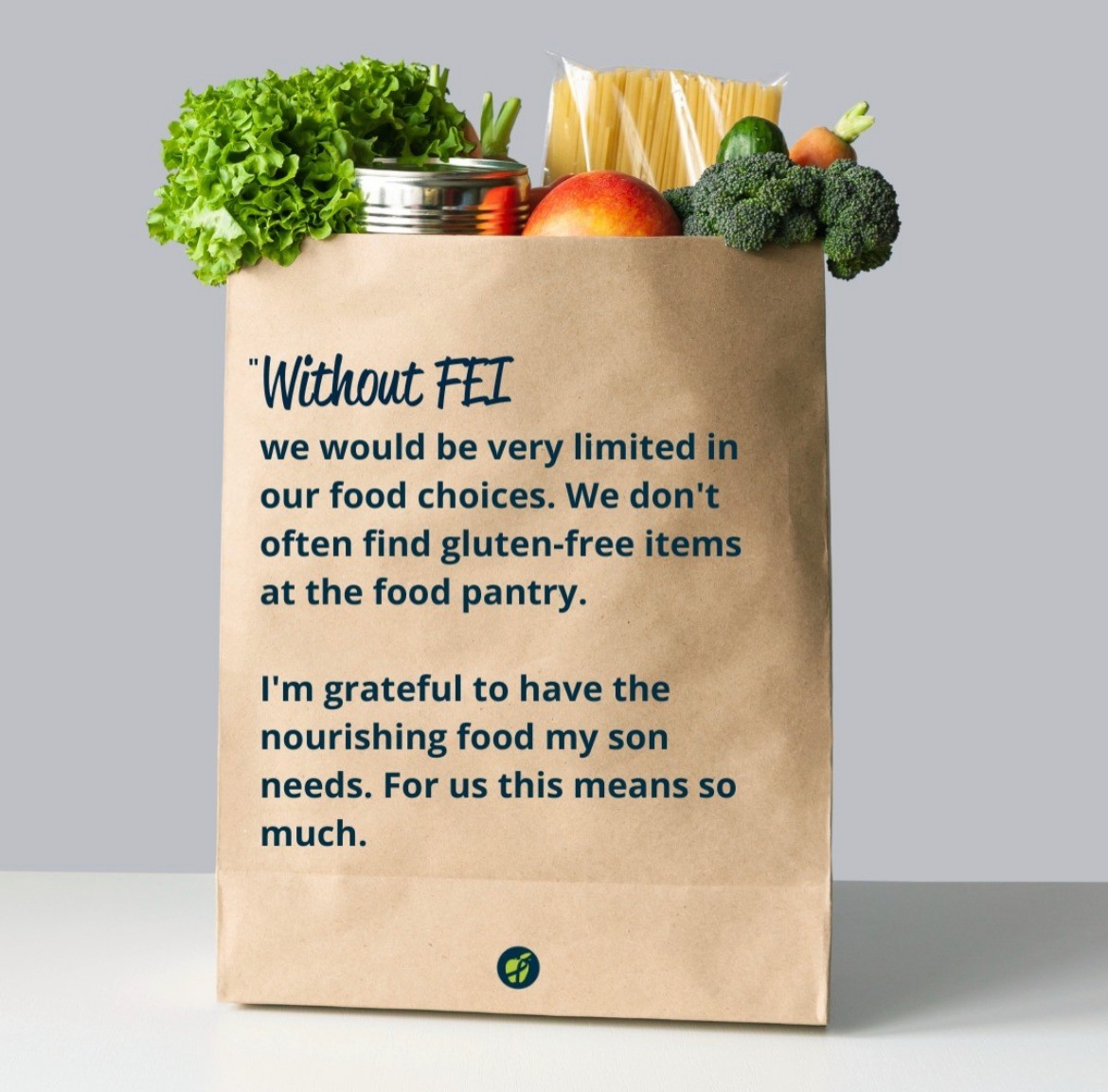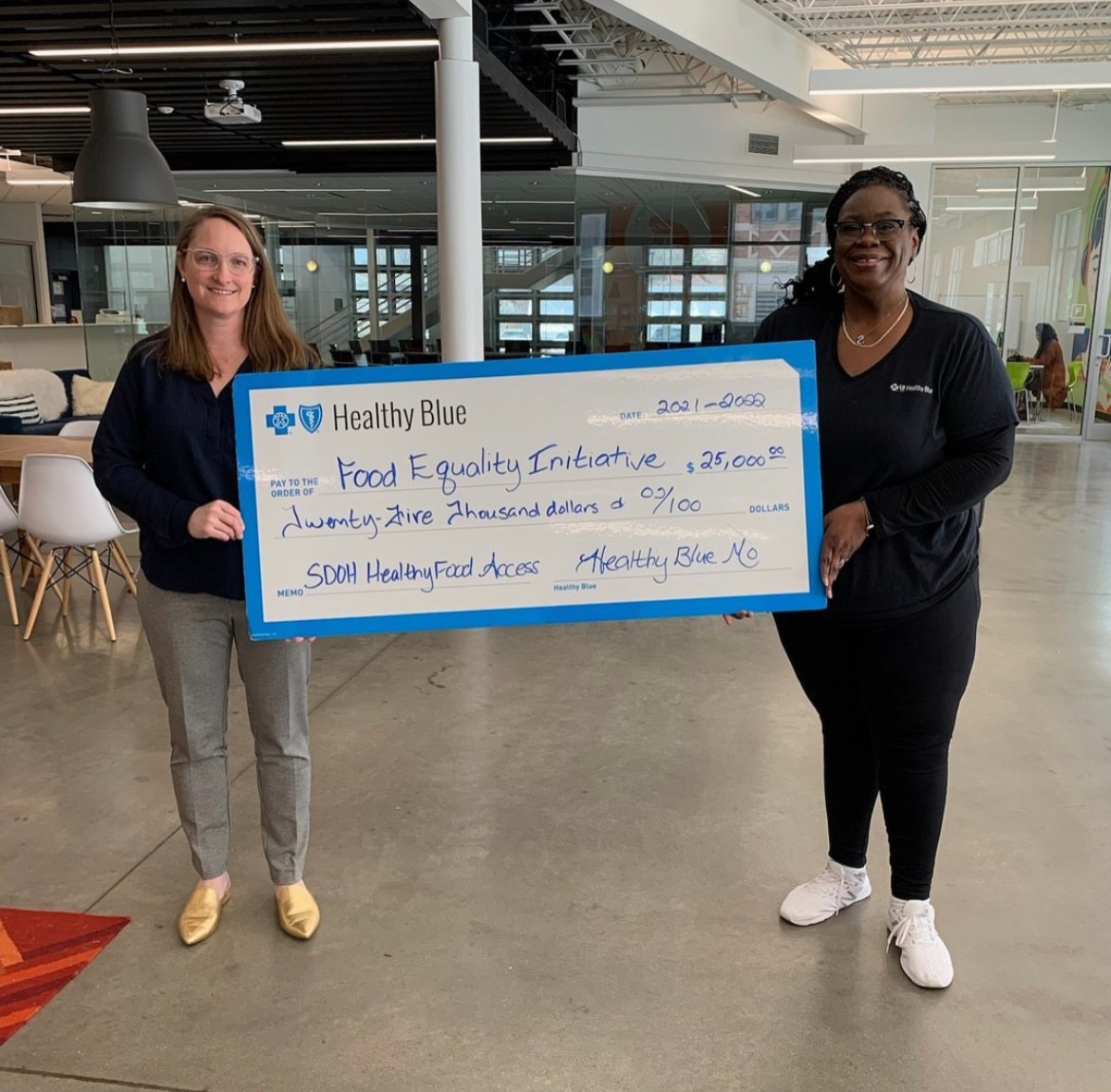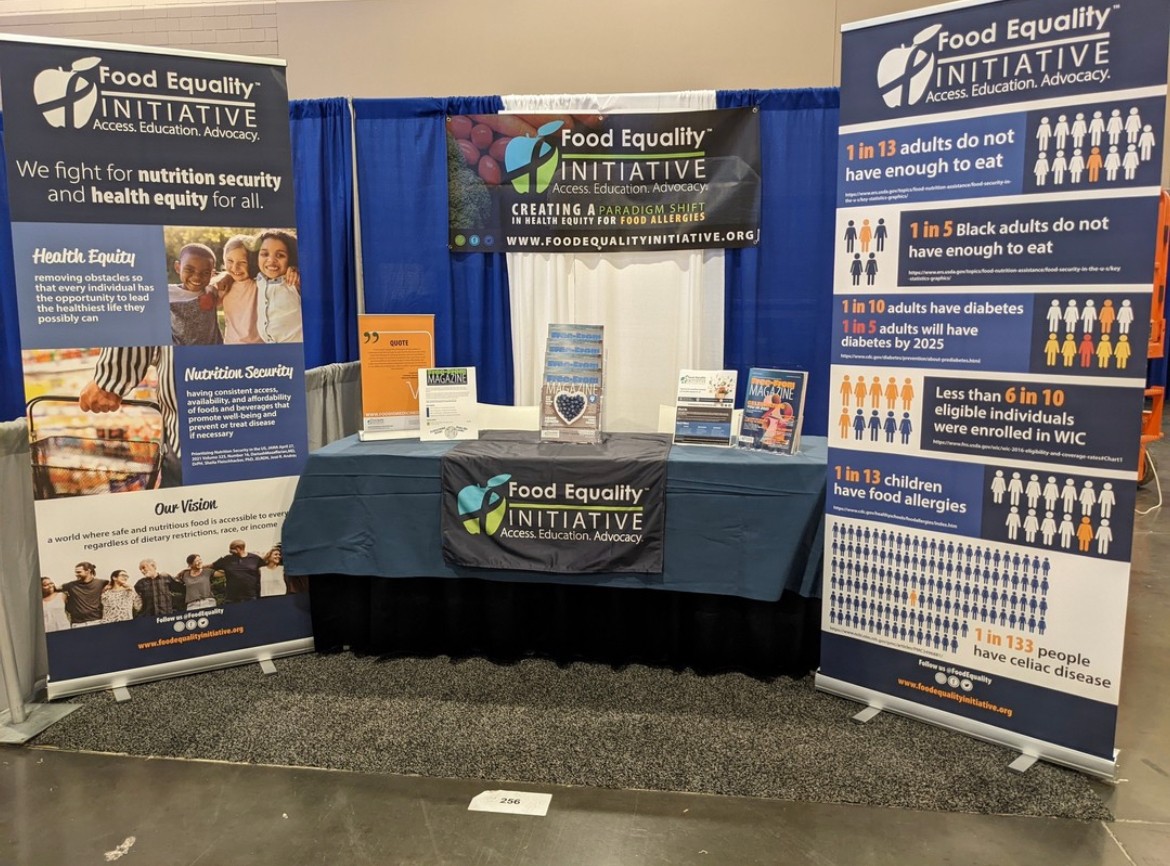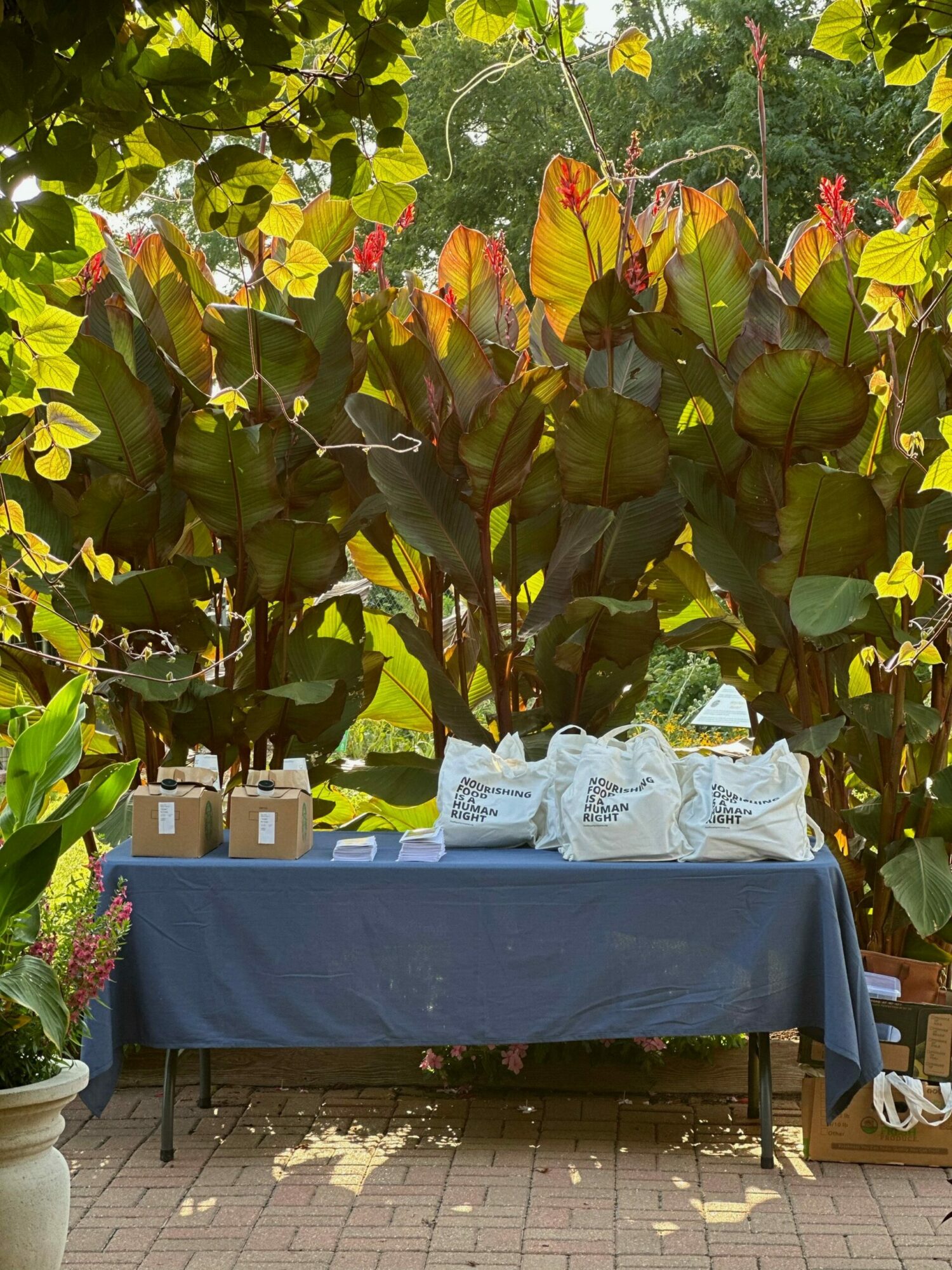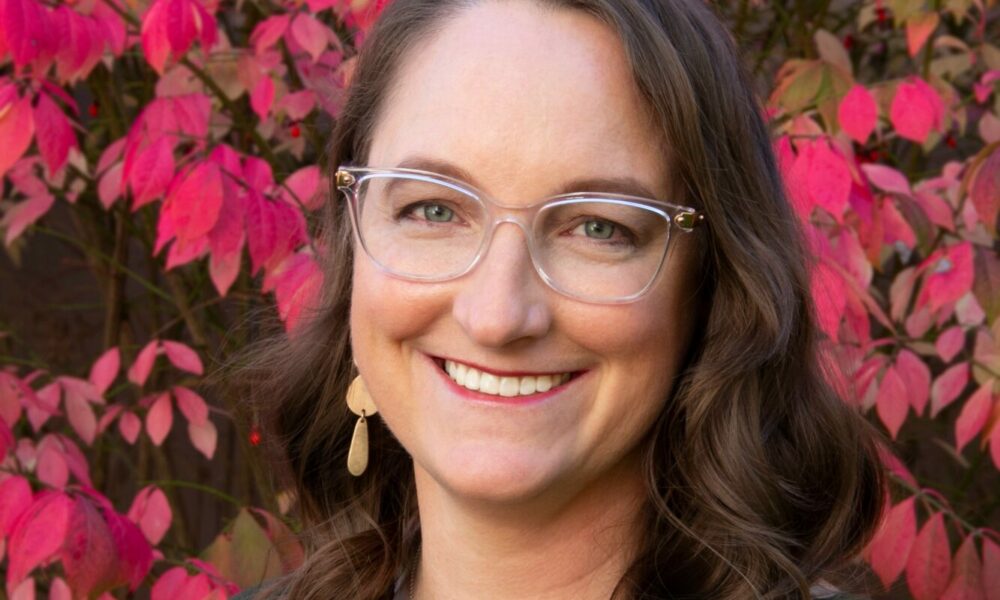

Today we’d like to introduce you to Erin Martinez.
Hi Erin, we’d love for you to start by introducing yourself.
I’m a wife, mom, and leader. About 13 years ago, our second son was diagnosed with celiac disease just before he turned 4. The diagnosis came after months and months of sick days, doctor appointments, and emergency room visits. Soon after our son’s diagnosis, our 2 younger daughters were also diagnosed. My family was shaken but knew that we could heal our children by changing their diet to be 100% gluten-free. This meant significantly increased grocery bills because gluten-free foods cost 183% more on average than gluten-containing equivalents. Since we had no familial history, I learned as much as possible about the disease. I had been an elementary school teacher and always loved science and medicine. My desire to learn more about celiac disease and help my children led me to return to school for my master’s in Holistic Nutrition. After completing my degree, I began working at Food Equality Initiative on the program and operations side. When the CEO position opened, I gave it much consideration and prayer, talked with friends and family, and finally decided to apply for the leadership opportunity. I chose this work because of the nonprofit’s positive impact on families managing medically required diets that often have profound repercussions on a household budget.
Please talk to us about the challenges and lessons you’ve learned. Looking back, it’s been easy or smooth in retrospect.
My path has been relatively easy compared to other people’s circumstances. However, there have been struggles. There were personal struggles as my family went through the process of getting our son’s diagnosis and then the high cost of food afterward. On average, gluten-free food costs 183% more than gluten-containing equivalents. Completing grad school with little ones and a tight budget also had its challenges. Today, my challenges are a little different. Instead of fighting just for my family, I now have the privilege of fighting for all those who need food as medicine, a healthy, food-based intervention to help prevent, manage, and treat chronic diet-related diseases.
I work daily to attract and gain funding for the Food Equality Initiative and those we serve. Our program both directly and indirectly impacts people. Through the generosity of donors and funders, we raise money to provide food that is typically not regularly accessible at food pantries and through food assistance programs. One in eight people – and 16 percent of children under 18 – in the Kansas City metropolitan area are food insecure or unable, at times, to acquire adequate food for one or more household members because they have insufficient money and other resources for food. Compare that to 10 percent of all U.S. households. Importantly, food security is not interchangeable with nutrition security or having consistent access, availability, and affordability of food that promotes well-being and prevents or treats disease if necessary. Diet-related deaths outrank deaths from smoking, and about half of U.S. deaths from heart disease – or nearly 900 deaths each day – are linked to poor diet. SNAP participants are still more likely to die due to diet-related illnesses, and incredibly, SNAP participants are three times more likely to die from diabetes than the general population. Nourishing food is financially inaccessible for most families in Missouri and Kansas – and beyond.
While it is heartbreaking to know that so many need our services, I’m encouraged as I speak with our clients and know that our work makes a difference in their lives. With some of the burden removed, our clients can reduce their household food insecurity, adhere to medically required diets, make housing and utility payments, pay their medical bills, and pay for post-secondary education. The help we provide each month allows households to keep moving forward.
While we struggle and diligently work to raise funds to provide people with much-needed food as medicine, another struggle we encounter is our advocacy work of spreading awareness of hardships and disparities associated with medically required diets. Food Equality Initiative advocates for traditionally under-represented populations in healthcare by supporting projects and legislation that expand health equity and drive systematic change for food-insecure people.
Thanks – What else should our readers know about your work and what you’re currently focused on?
Food Equality Initiative fights for nutrition security and health equity by increasing access to nourishing food as medicine for those at the intersection of food insecurity and diet-treated illness in three main ways:
- Improving access to nourishing food through its Food Is Medicine Access Program (FIMAP) through a direct-to-door delivery model.
- Educational resources fortify understanding of leading a healthy life and inform the general public about the challenges of traditionally underrepresented groups accessing food as medicine.
- By advocating for traditionally under-represented populations in healthcare by supporting projects and legislation that expand health equity and drive systematic change for food insecure people.
Safety net programs, like the Supplemental Nutrition Assistance Program (SNAP), are critical. And yet, more needs to be done to solve the dual problem of food insecurity and diet-related disease. Hunger will not be fixed by feeding people cheap, high-calorie, processed foods. It is important to consider the difference between conquering hunger (a reactive response) and improving accessibility to nutritious food, which promotes health (both preventive and responsive).
The annual economic burden of health care costs for cardiometabolic diseases, like diabetes, is $50 billion in the United States. In contrast, if all patients in the United States with diet-related diseases received medically tailored meals, $13.6 billion would be saved yearly, with 1.6 million fewer hospitalizations. Reducing the economic burden by almost half by employing a food-is-medicine approach would be transformative – and that is only accounting for the financial, single-generation effects.
In 2023, after adjusting for the reduction of the 15 percent increase to benefits resulting from the federal government’s response to COVID, the maximum monthly SNAP benefit for a household of four in the contiguous 48 states, including Missouri and Kansas, is $939, or $11,268 annually. However, the estimated average monthly benefit in fiscal year 2023 for a household size of four is $684, or $8,208 annually. In Jackson County, Missouri, a modestly priced meal costs $3.17, 16% more than the SNAP benefit available per meal – or $2.73. Staggeringly, the average cost of groceries for a family of four – assuming a nutritionally adequate diet for two adults and two children where all food is bought at a grocery store and prepared at home – is $1,251 per month, or $15,012 annually, in Missouri and $1,048 per month, or $12,576 per year in Kansas. To complicate the math further, if that same family has a household member who requires access to high-quality, nutritious food to prevent or treat a diet-related medical condition, such as heart disease or diabetes, the grocery bill increases by $1.80 per person per day with inflation, raising the family’s annual grocery costs to nearly $18,000.
Imagine the household requires an even stricter diet to treat a medical condition. A household with an individual that follows a gluten-free diet due to a celiac disease diagnosis should expect a grocery bill 183% more expensive than the “typical” family, exceeding $20,000 annually. , nourishing food is financially inaccessible for most families in Missouri and Kansas – and beyond.
Food Equality Initiative’s Food Is Medicine Access Program (FIMAP) stands in the gap, providing connections to community resources and direct-to-door delivery of nutritious food to achieve greater community engagement and decreased food insecurity for children and adults with diet-treated health conditions in food-insecure households. FIMAP participants receive a monthly voucher to purchase food, including shipping that food to their doorstep on an online marketplace. The online marketplace improves the dignity of choice and the ability for customization, where participants can select foods that meet their prescribed diets and fit their cultural and personal preferences. Because selections are delivered, barriers commonly associated with food insecurity are removed, like transportation, operational hours for food pantries (which can often conflict with the typical workday), and food apartheid – a system of segregation that divides those with access to an abundance of nutritious food and those who have been denied that access due to systemic injustice.
I’m proud to be at the helm of this organization, securing partnerships and increasing the numbers to ensure access to nourishing food is available to everyone regardless of gender, racial, and ethnic spectrums.
How do you think about luck?
Celiac disease requires a person to follow a strict gluten-free diet and avoid all contact with gluten. Celiac disease is also considered to be a genetic disease. However, except for 3 of my 4 children, no one in my extended family or my husband’s family has celiac disease. This diagnosis for my children could be described as an anomaly; I consider it luck. Many likely would not dream of calling a disease good luck, but in this case, I do! I believe that I am blessed to have children with celiac disease. Celiac disease has been life-changing for me, my family, and my work. Little did I know that thirteen years ago, when our son was diagnosed with celiac disease, the diagnosis would be the springboard for my future. Without celiac disease, I probably would not have gone back to school when I did to study holistic nutrition. Without celiac disease, I would never have heard of the Food Equality Initiative. Without celiac disease, I would likely not be doing my work today. So, whether it’s good or bad luck, the luck of celiac disease in my children has had a starring role in my personal life and professional life.
Contact Info:
- Website: https://www.foodequalityinitiative.org/
- Instagram: https://www.instagram.com/foodequality/
- Facebook: https://www.facebook.com/foodequalityinitiative/
- Linkedin: https://www.linkedin.com/company/food-equality-initiative-inc./
- Youtube: https://www.youtube.com/channel/UC1k4vkDfbzeE3mQ9V_GPqlA
